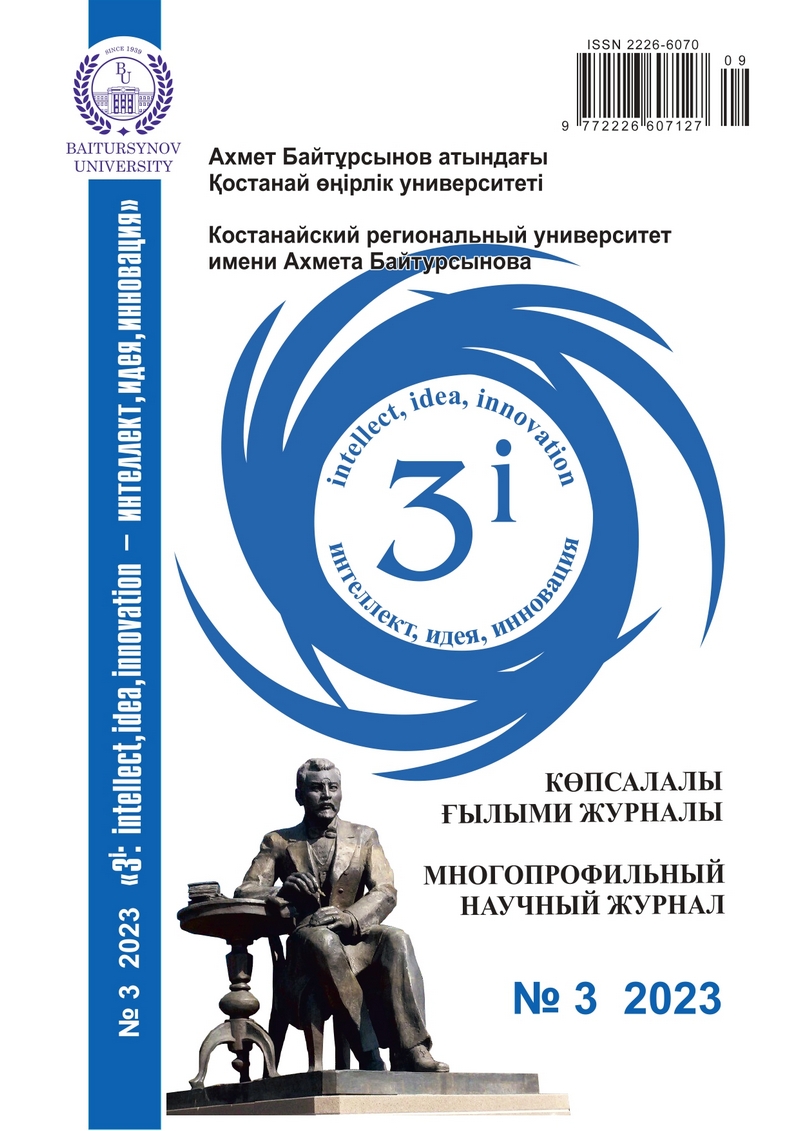FORMATION OF GEOECOLOGICAL RESEARCH COMPETENCE OF FUTURE GEOGRAPHY TEACHERS WITH THE USE OF STEAM-TECHNOLOGY IN THE STUDY OF BASIC AND PROFILE DISCIPLINES
DOI:
https://doi.org/10.52269/22266070_2023_3_238Keywords:
geoecology, geoecological competence, environmental quality, STEAM-technology, air pollution, digital mapAbstract
The article explores the role of STEAM-technology in the formation of geoecological research competence of future geography teachers while they study the basic and profile disciplines. It reviews the effective methods of STEAM-technology application based on the use of remote sensing data, digital interactive maps and the findings of empirical field research in the learning process.
The article provides practical examples of the outcomes derived from implementing STEAM technology. Scrutinizing the essence of STEAM technology and the aspects of integration thereof into the educational process revealed that this approach harbors substantial potential for fostering the geoecological research competence and enhancing the functional proficiency of future geography teachers, which aligns with the demands of our information-driven society in the context of revitalizing educational content.
The research methods employed were chosen meticulously to comply with the research's objectives, tasks, and practical significance. In order to tackle the research tasks effectively, we applied a combination of observational, analytical, evaluative, design, and experimental research methods.
The core principles and conclusions expounded in the article can be applied in practice when incorporating STEAM-technology into geography education within general secondary schools and higher education institutions to foster students' geoecological research competence and improve their functional literacy. According to the authors, the use of STEAM-technology promises to not only advance critical thinking and intellectual capabilities but also to lay the groundwork for creative involvement in future professional endeavors, since it necessitates the use of collaboration, communication, and collective interaction skills.




